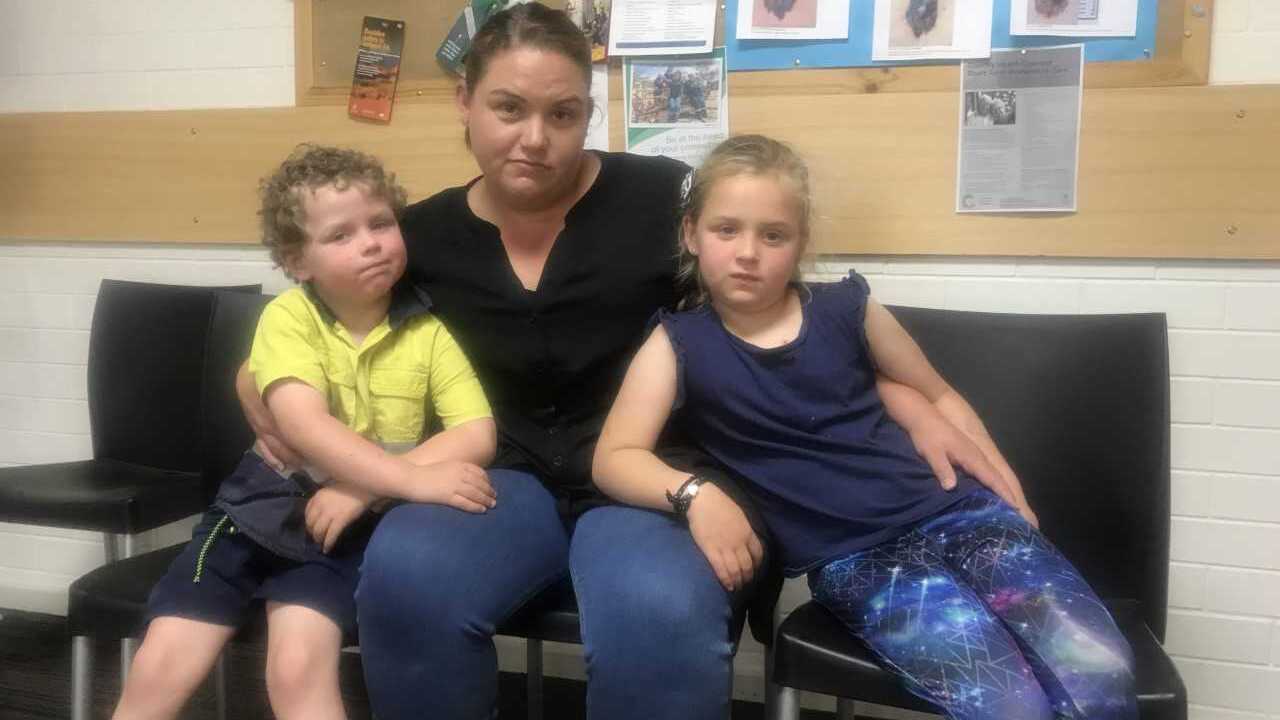It sounds like you do not think there is a surplus of doctors in Australia. I think what you are describing there is actually the classic problem of maldistribution, not a shortage. (But wow, Cairnes, Great Reef, tropical paradise, got it
🙂 )
I was curious. So to settle, I did some Google search and found these,
Doctor shortage leaving Australia's rural areas 'in crisis'
A shortage of doctors in remote and regional centres is leaving some Australians without access to immediate medical care.
Updated 09/02/2019 By Rhiannon Elston
A shortage of doctors in remote and regional centres is leaving some Australians without access to immediate medical care.

www.sbs.com.au
Why is there an oversupply of doctors in Australia but a shortage of General Practitioners?
in
Working in Australia and New Zealand by
Ruby Wilson March 22, 2018
A medical recruitment agency helping doctors find better permanent and locum jobs. We’re preferred by hospitals and GP clinics across Australia and New Zealand.

www.medrecruit.com
The statement “we have plenty of doctors in Australia” would probably not pass the pub test. Especially if the pub was in a regional city, a remote town or a less-than-leafy suburb. But it is true all the same - statistically at least.
With 3.5 practising doctors for every 1,000 people in 2014 (4.4 per 1,000 in major cities) we’ve never had so many. In 2003, there were 2.6 doctors for every 1,000 people in Australia, which is closer to the proportion in similar countries now, such as New Zealand (2.8), the UK (2.8), Canada (2.6) and the USA (2.6).
Yet at 2.6 per 1,000 was when we decided we were “short” and went on to double the number of medical schools and almost triple the number of medical graduates in a little over a decade.
And then there’s this question: if we are now so flush with medicos, why do we still need to import so many from overseas? To fill job vacancies, the Australian government granted 2,820 temporary work visas to overseas-trained doctors in 2014-15. In the same year, Australian medical schools graduated another 3,547.
This heroic level of doctor production and importation is right up there internationally. Among wealthy nations, Australia is vying for the top spot, with only Denmark and Ireland in the same league of doctor-production for population.
So why do we have too many doctors, but think we have too few?
Forecast oversupply of doctors to hit this year amid calls to halt imports
By Anna Patty January 5, 2017 — 2.00pm
An oversupply of doctors is expected to emerge in Australia this year prompting the federal department of health to call for the importation of overseas medicos to stop.

www.smh.com.au
Review of Australian Government Health Workforce Programs
Appendix ii: Health Workforce 2025 - summary
Page last updated: 24 May 2013
"This appendix does not seek to summarise the HWA conclusions in their entirety. However, some relevant observations are as follows:
- Transformation of health policy settings is required for health services to be sustainable since the comparison (“do nothing”) scenario shows that there will be a continued geographic maldistribution of doctors and a very significant shortage of nurses by 2025."
The Supply of Doctors in Australia: Is There A Shortage?
Abhaya Kamalakanthan & Sukhan Jackson.
Discussion Paper No. 341 , May 2006, School of Economics, The University of Queensland, Queensland
Rural doctor shortage will not be solved by overseas doctors, GPs tell Federal Government
ABC Mid West & Wheatbelt By
Laura Meachim
Posted 14 Mar 2019, 3:22pm
Medical professionals say more work needs to be done to incentivise the regions for locally trained doctors, rather than relying on foreign GPs to fill the gaps.

www.abc.net.au
The future of Australia's doctors
A new report investigates the future of Australia’s medical workforce and finds a number of pressures, like increasing costs and digital disruption, are changing the way doctors deliver care to patients
By Professor Anthony Scott, University of Melbourne
First published on 19 May 2019 in
Health & Wellbeing
A University of Melbourne report finds new pressures, like digital disruption and increasing costs, are changing the way doctors deliver care to patients.

pursuit.unimelb.edu.au
THE PRESSURE OF COMPETITION
Doctors are a major part of the health system and play a key role in delivering high-value healthcare. The diagnoses they make and the treatments they recommend directly influence costs, quality and health outcomes, as well as driving other areas of spending like pharmaceuticals and hospitals.
But doctors are also facing a number of trends and challenges that are influencing the way they work, where they work and the care they provide.
The first challenge is the increase in the number of doctors – the number of medical graduates has more than doubled from around 1,400 in 2000 to 3,500 now.
As a result, the number of junior doctors has increased by an average of 8.9 per cent per year since 2005, and the overall growth in the total number of doctors is sitting at 5.3 per cent per year.





